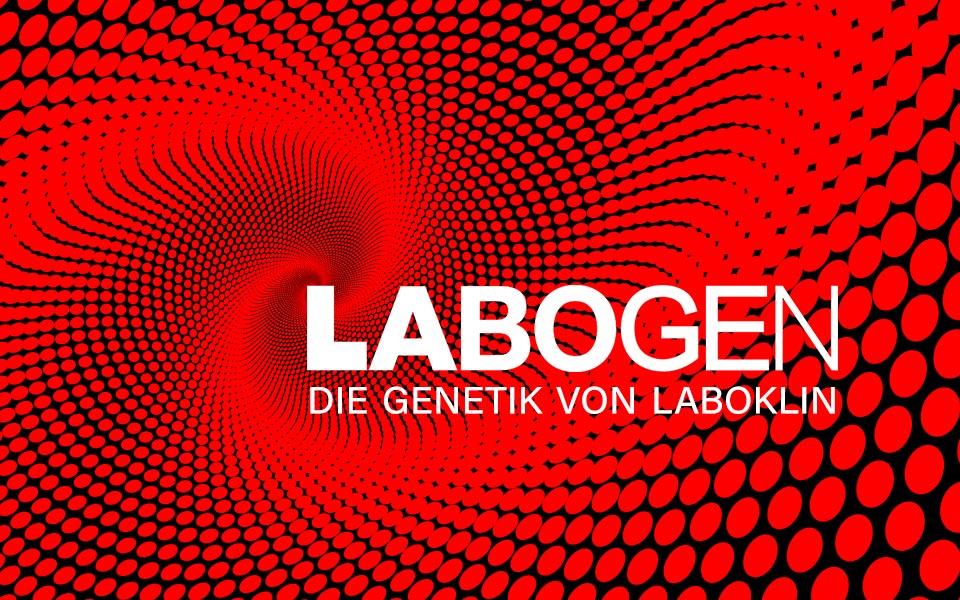Androgeninsensitivitätssyndrom (AR2, AR3, AR4, AR5)
Androgen insensitivity syndrome (AR2, AR3, AR4, AR5)*
General description
Androgen insensitivity syndrome (AIS) is a condition that results in the partial or complete inability of the cell to respond to androgens, so the animal does not become masculinized. This results in XY (genetically male) horses with female phenotype (female external genitalia and internal testis) with male-like behavior, unable to reproduce.
Breeds
Austrian Warmblood, Bavarian Warmblood, Belgian Warmblood, Brandenburger, Czech Warmblood, Danish Warmblood, Latvian horse, Mecklenburger, Rhinelander horse, Saxonian Warmblood, Swedish Warmblood, Swiss Warmblood, Tennessee Walking Horse, Thoroughbred
Order details
| Test number | 8842 |
| Sample material | mane/tail hair roots |
| Test duration | 28-42 working days |
Test specifications
| Symptom complex | hormonal |
| Inheritance | X-chromosomal recessive |
| Literature | OMIA:000991-9796 |
Detailed description
Genetic sex in mammals is determined by the sex chromosomal composition of the zygote. The X and Y chromosomes are responsible for numerous factors that must work in close concert for the proper development of a healthy sexual phenotype. The role of androgens in case of XY chromosomal constitution is crucial for normal male sex differentiation. The intracellular androgenic action is mediated by the androgen receptor (AR), and its impaired function leads to a myriad of syndromes with severe clinical consequences, most notably Androgen insensitivity syndrome (AIS). AIS is a condition that results in the partial or complete inability of the cell to respond to androgens, so the animal does not become masculinized. This results in XY (genetically male) horses with female phenotype (female external genitalia and internal testis) with male-like behavior. These individuals are unable to reproduce.



